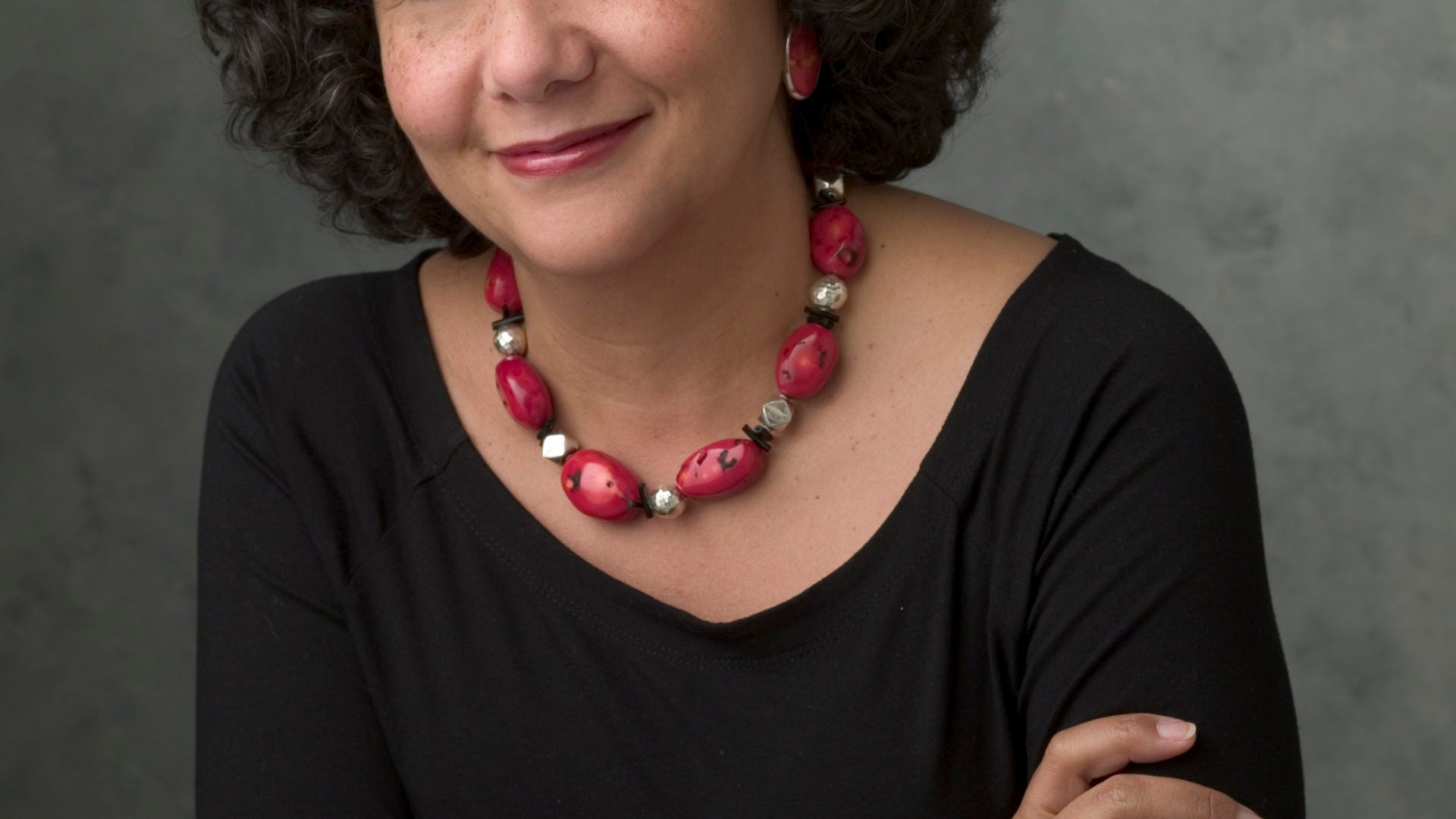
Airbnb has released a three-year, forward-facing review detailing the changes that have been implemented within the corporation following a string of racial discrimination claims levied against the hospitality giant.
Laura Murphy, civil rights activist, former Director of the ACLU legislative office, and current Airbnb senior advisor, authored a 32-page report released in September 2016 titled Airbnb’s Work To Fight Discrimination and Build Inclusion. This latest report measures the progress Airbnb has made since 2016.
“During the last three years, we’ve witnessed the growth of national and international conflicts that are rooted in discrimination and bias,” Murphy says. “Polarization, hateful discourse and violence are at levels that many of us have not seen in our lifetimes. Individuals, communities and corporations are not immune to the impacts of these disheartening developments.
“Fortunately, Airbnb did not shrink in the face of these challenges and it did not allow my 2016 report to gather dust on a shelf,” Murphy continued. “Instead, Airbnb has taken decisive steps to battle unlawful discrimination and to make its community more open and fair for everyone.”
In 2015, Harvard University researchers found that racial discrimination among Airbnb hosts was widespread. White and Black hosts both were found to discriminate against potential renters with “Black-sounding” names, according to the New York Times. In 2016, Gregory Sheldon, then 25, sued Airbnb under the Fair Housing Act, alleging that he was denied accommodations when “he requested to book a room under his personal profile, which included his photo, but was accepted when he requested to book the room using fake profiles posed as white men.”
And as recently as 2019, an Airbnb host kicked out a group of Black people after calling them “monkeys,” ESSENCE previously reported.
The peer-to-peer home sharing service has also been accused of promoting gentrification. For example, by providing short-term rental opportunities, long-term rentals decreases in New York City, causing the median rent increase, which then leads to the push out of working class people, according to the 2017 report, “The High Cost of Short-Term Rentals in New York City” Airbnb has refuted that claim.
The three-year review, however, focuses on the work being done to address the rampant racial discrimination that has long been reported to infest Airbnb, including:
For the Community Commitment and Nondiscrimination Policy, Airbnb hosts explicitly agree to a standard and to adhere to a nondiscrimination policy that goes beyond what is required by law, in most jurisdictions. Additionally, specially trained teams have been brought in to handle discrimination complaints and enforcement.
Since October 2018, rather than displaying a potential guest’s profile photo before the booking is accepted, hosts receive a guest’s photo only after they’ve accepted the booking request. In July 2019, Airbnb announced nearly 70 percent of its accommodations can be booked using Airbnb’s Instant Book, which doesn’t require prior approval from the host of a specific guest. Additionally, offensive or discriminatory content in messages can now be more easily flagged and reported by any user.
“Airbnb’s work is far from finished,” Murphy said. “While the vast majority of Airbnb hosts and guests have forged positive connections with people from different backgrounds, there are still unacceptable instances of people being discriminated against on the Airbnb platform because of who they are or what they look like.
“Thankfully, Airbnb shares my view that this is no time to declare victory…this report also signals Airbnb’s ongoing work to fight bias and make its community more open and more fair for everyone,” Murphy added.
Click here to access Airbnb’s full three-year review.